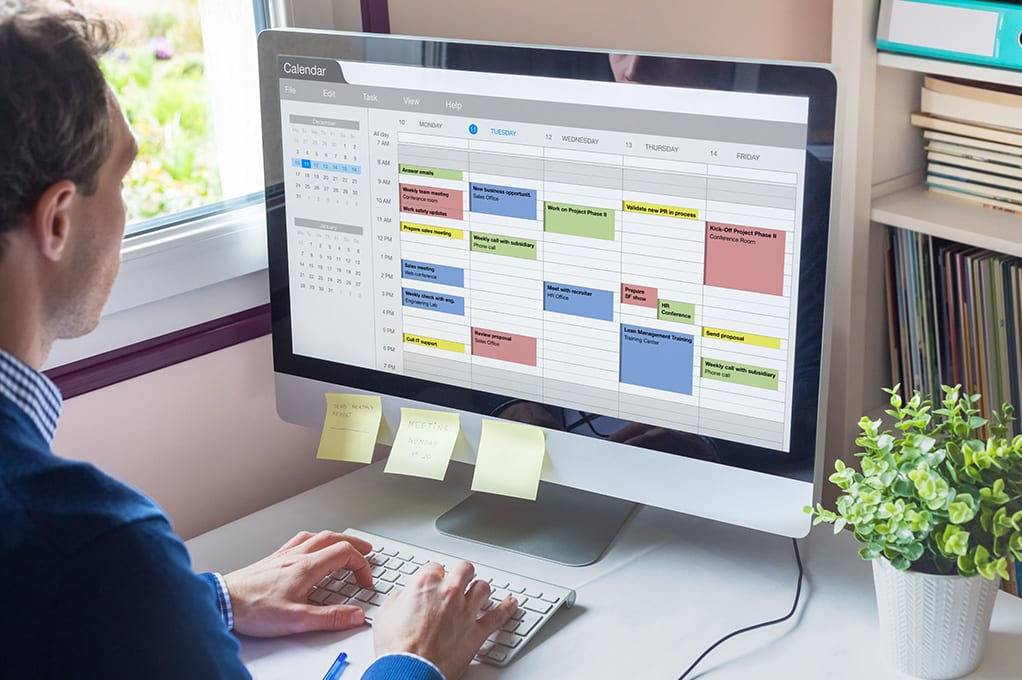Think you have work life balance? Answer these questions

Until a decade ago, the parameters for choosing an organization to work for included a fat paycheck, social events in the workplace, health insurance, and a fun work culture. However, the modern employee’s top priority is maintaining a healthy work-life balance. If a paycheck comes at the cost of their physical or mental wellbeing, there is a good chance that people will not take it. At the end of the day, you can’t put a price on mental wellbeing.
Achieving work-life balance is a tough nut to crack as you try to maintain an equilibrium between professional and personal commitments. If you’ve been feeling overwhelmed by work and can sense yourself moving towards a burnout, it’s time to take a step back and review some of your habits and decisions. Here are six questions you need to ask yourself to see where you are on the work-life balance meter:
How often do you work late?
There are 24 hours in a day, out of which eight to nine hours are dedicated to office work. Whether you’re in a remote working scenario or working from office, those are the fixed number of hours you should be working for. However, there are days when nine hours are not enough to complete your tasks, and you end up staying late to wind up everything.
If you’ve been doing this often, introspect. Discuss your workload with your manager and prioritize tasks so you can pick the important ones first, leaving the rest for the next day. Most importantly, remember this — it’s ok to say ‘no’ to a new task if you already have your hands full.
How is your personal life?
Does your family complain that you’re on your phone or laptop for too long when you’re at home? Do you find yourself saying, “just one more email” or “this is an important call, give me five minutes,” a bit too often? You may be coming home or logging off on time, but if you’re still thinking about work or responding to work calls and emails frequently, it can lead to a bad mood as you feel overwhelmed by work.
Employees tend to do this out of fear of not being ‘visible’ or thinking that not replying immediately may be seen as poor commitment to their work. To address an employee’s underlying fears and anxieties such as these, leaders must create a work culture that discourages this behavior to alleviate workplace stress.
Do you think of work while falling asleep?

Sleeping with thoughts about work? Are you having a good work-life balance?
If you’ve somehow managed to ignore office notifications, are these your thoughts before sleeping?
“Should I check that email? It will only take a minute.”
“What do I have planned for tomorrow?”
As you fall prey to these thoughts, you’re tempted to check that email/message or prepare a mental checklist of the work you need to do tomorrow. Alas, you end up feeling overwhelmed by everything you’ve missed out on and the tasks you need to complete.
At a time when your body and mind are supposed to be in a state of rest, you find yourself getting sucked into a cave of anxiety and workplace stress. Listening to soothing music or joining a mindfulness session can help you fall asleep easily.
Are you always short of time?

Despite making a mental checklist and adhering to your schedule, do you still find yourself running out of time? One of the biggest enemies of work-life balance is lack of time, which blurs the line between home and work, as professional commitments start eating into your personal time. This ultimately leads to burnout.
To begin with, set realistic deadlines and expectations for yourself. If you push yourself or your employees to finish a four-hour job in two hours, the work will be shoddy and employee wellness will go for a toss. Don’t entertain last-minute work if your schedule doesn’t allow it. Identify the things that take up too much of your time unnecessarily and find an efficient solution for them.
Who is in charge of your schedule?

Hint: The answer is you!
Work-life balance is primarily a game of time management. It depends on how much work you have and how much you can actually get done in a day. Is your manager adding tasks to your schedule towards the end of the day? Are your co-workers slacking at work while you end up cleaning the mess and tying loose ends? All these factors decide how well you stick to your pre-decided schedule.
Have an honest conversation with your manager. If required, show them your schedule and be firm when you refuse last-minute tasks. If they really need you to work on something extra, your old tasks need to be delegated to someone else in the team to make room in your schedule.
Does your work make you happy?
You may have joined an organization because the work and people made you happy and content. It’s important to ask yourself if the work continues to excite and fulfill you. Does it act as a mood booster or do you end up feeling overwhelmed by work? If the answer is no, it’s time to look at the reasons behind this and find ways to rectify the situation.
Going to office feels like a chore when there is a lack of employee appreciation, workplace stress, and poor work-life balance. However, people tend to overlook the fact their job role may have changed over time and thus, may not be fulfilling their career goals.
If your answer to most of these questions is ‘Yes’, it’s time to identify the reasons for a failing work-life balance. The earlier you do so, the better chance you have of preventing burnout. A healthy work-life balance will pave the way to employee wellness.








